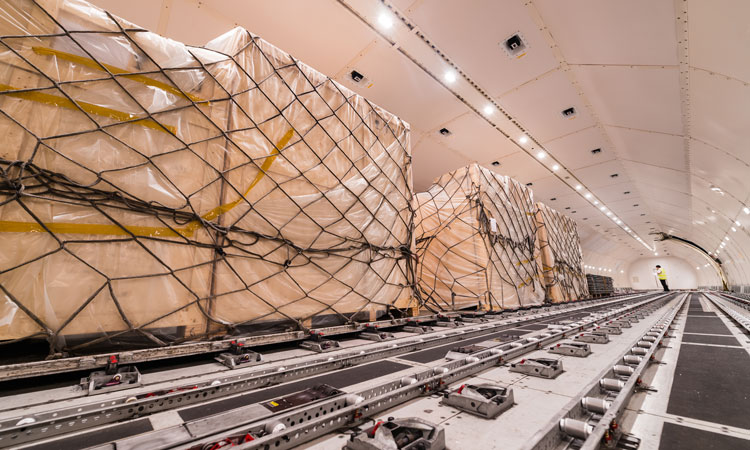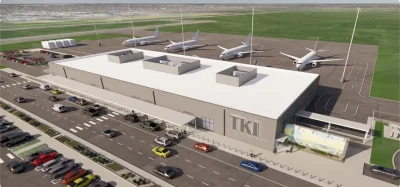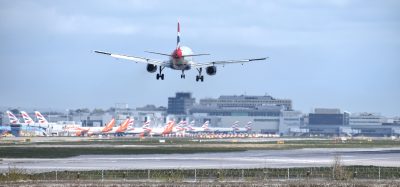IATA warns that air cargo bottlenecks put lives at risk
Posted: 26 March 2020 | International Airport Review | No comments yet
IATA has called for governments to keep global supply chains open for air cargo to keep up with the demand for vital medical equipment during the COVID-19 crisis.


Governments should take urgent measures to ensure that vital air cargo supply lines remain open, efficient and effective, the International Air Transport Association (IATA) and its members have said.
“Air cargo is a vital partner in the global fight against COVID-19. But we are still seeing examples of cargo flights filled with life-saving medical supplies and equipment grounded due to cumbersome and bureaucratic processes to secure slots and operating permits,” said Alexandre de Juniac, IATA’s Director General and CEO. “These delays are endangering lives. All governments need to step up to keep global supply chains open.”
Airlines are scrambling to meet the gap between cargo demand and available lift by all means possible, including re-introducing freighter services and using passenger aircraft for cargo operations due to the COVID-19 crisis, the association said.
To support these efforts, IATA has said governments need to remove key obstacles by:
- Introducing fast track procedures for overflight and landing permits for cargo operations, particularly in key manufacturing hubs in Asia in response to the increased number of cargo charters replacing withdrawn passenger operations
- Exempting flight crew members who do not interact with the public from 14-day quarantine requirements to ensure cargo supply chains are maintained
- Supporting temporary traffic rights for cargo operations where restrictions may apply
- Removing economic impediments, such as overflight charges, parking fees and slot restrictions to support air cargo operations during these unprecedented times
- Removing operating hour curfews for cargo flights to facilitate the most flexible global air cargo network operations.
“Around the world the frontline health workers who fight against COVID-19 need to be continuously supplied with necessary medical equipment and protective material,” added Paul Molinaro, Chief, Operations Support and Logistics, The World Health Organization (WHO). “It is our collective duty to keep these supply lines open by continuing air cargo operations. The scale-down of air passenger flow is seriously hurting our scheduled freight operations.
“We call on airline companies and governments to join the global effort to ensure dedicated freight capacity continues to operate on previously high volume passenger routes that are now closed down.”
The International Airport Summit is open for registration!
Date: 19 – 20 November 2025
Location: JW Marriott Hotel Berlin
At our flagship event of the year, we will dive into the future of airport operations, with expert-led sessions on passenger experience, innovative smart technologies, baggage handling, airside operations, data, security, and sustainability.
This is where global airport leaders come together to share insights, challenges, and real-world solutions.
Limited complimentary passes are available for eligible professionals – first come, first served!


















